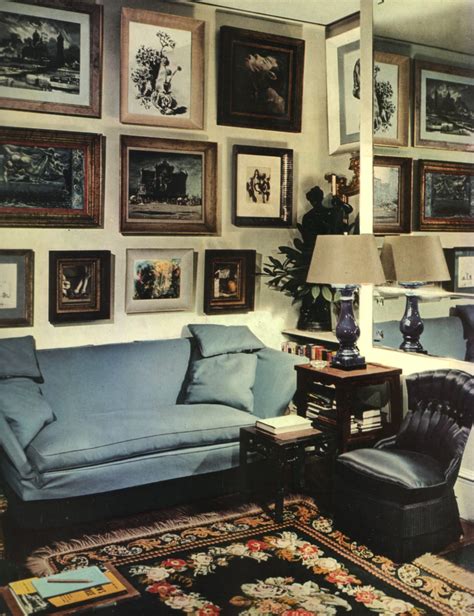A Quote by Warren MacKenzie
Our main inspiration [with Alix MacKenzie], I think, came from the Field Museum of Natural History, because they had pieces which were selected not for art content but for their relationship to the anthropological history of mankind.
Related Quotes
In looking at these pots at the Field Museum, Alix [MacKenzie] and I both came to a conclusion individually but also collectively that the pots that really interested us were the pots that people had used in their everyday life, and we began to think - I mean, whether it was ancient Greece or Africa or Europe or wherever, the pots that people had used in their homes were the ones that excited us.
[In the Field Museum of Natural History] we could see very simple, primitive, hand-built pottery from Babylonia and ancient Egypt and so forth, Greece. We could see the most sophisticated things that came out of the Orient - Japan, Korea, and China - some few pieces of European porcelain, majolica [tin glazed earthenware], and that sort of thing. But they had a marvelous collection.
What I think about when I frequent the Museum of Natural History, the Metropolitan [Museum of Art], and I look at these artifacts that are taken out of context and how we're forced to view them as objects, as relics, as sculpture- static. But what's interesting is what it allows me to do in my head in terms of imagining what the possibilities are or imagining the role in which they played within a particular culture which I'm fascinated by.
To a person uninstructed in natural history, his country or sea-side stroll is a walk through a gallery filled with wonderful works of art, nine-tenths of which have their faces turned to the wall. Teach him something of natural history, and you place in his hands a catalogue of those which are worth turning around. Surely our innocent pleasures are not so abundant in this life, that we can afford to despise this or any other source of them.
I love art, and I love history, but it is living art and living history that I love. It is in the interest of living art and living history that I oppose so-called restoration. What history can there be in a building bedaubed with ornament, which cannot at the best be anything but a hopeless and lifeless imitation of the hope and vigor of the earlier world?
Even those who specialize in the history of philosophy often ignore the political and cultural context, and the natural world in which their philosophers were philosophizing. This has consequences both trivial and important. If you systematically read the last fifty years of the major journals in our discipline you would be amazed at the amount of redundancy. Most of this is unacknowledged because most of us know so little about the history of our discipline and even the subfields in which we work.





























